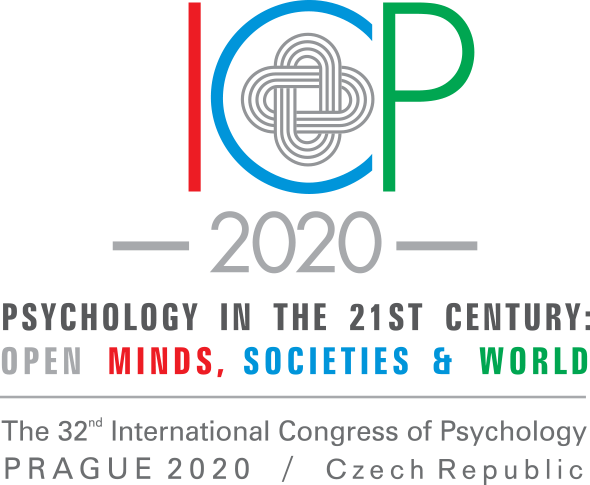

Radek Ptáček


Psychiatrická Klinika,
1.LF UK a VFN, Praha
Title of the Lecture:
ADHD - diagnosis of the 21st century
ADHD currently represents a seemingly well-established diagnostic category, which, in the professional literature, has went through almost 150 years of very turbulent development. From the first mentions of clinical observations at the split between 18th and 19th century, through various efforts to conceptualize and diagnostically capture and describe in the 20th century, to the current definition of ADHD in DSM 5. Specifically, the development of this diagnostic category represents the process of definition and establishment of independent psychiatric diagnosis. The current concept in the sense of a lifelong disorder is ground-breaking in terms of development to date, but it is still only a small step to understanding the complexity and difficulty behind this diagnosis.
My lecture today provides an overview of current knowledge about ADHD and covers more than 20 years of scientific work of authors in this field, which reveal often unexpected and surprising contexts. ADHD is not "just" a mental disorder, but a phenomenon that affects the individual in his mental functioning, social life, lifestyle as well as it causes specific health problems, which we can, according to current knowledge, associate with ADHD.
Current research clearly shows that the concept of ADHD in DSM 5 is once again surpassed in a recording short time. It is possible that the primary manifestation of this diagnosis in the form of central symptoms is not supportive enough for its definition. It cannot be ruled out that the current concept of ADHD will be replaced in the future by a completely different concept, which will take into account the specifics of different subtypes and developments. The lecture is concluded with directions of possible further development of this diagnostic unit.
Finacial support :
GA ČR 18 – 11247S
Progres Q06 1LF